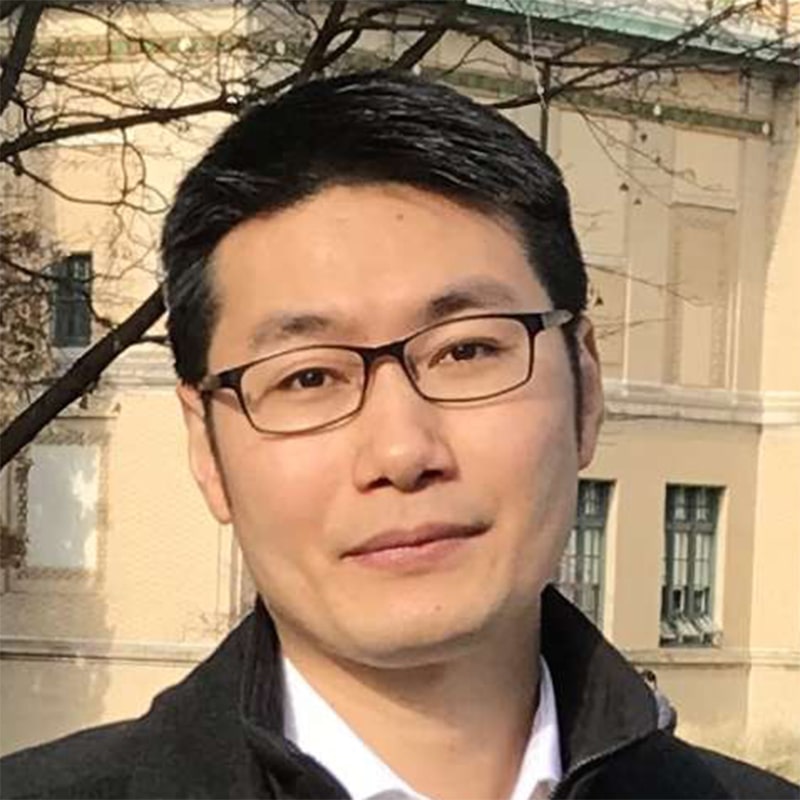Philosophy Graduate Students Win Top Honors in Competition
Team earns top prize at the Causal Insights for Learning Paths in Education competition
By Stacy Kish
When seeking ways to improve student learning, educators often look for the best paths students might take through a curriculum. The possibilities are vast, however, and identifying paths that will optimize learning often hit a wall when navigating higher level curricula.
Attempts to use machine learning to help solve this problem have foundered because correlation is not causation and machine learning is not yet adept at finding causal relationships as opposed to just correlations. Computational approaches to causal discovery, however, have been a focus of research at Carnegie Mellon University, and algorithms developed in the Philosophy Department have been successfully applied to economics, other questions in educational research, health research, climate science and many other disciplines.
To mobilize research acumen from all over the world to help answer the curricular paths question, Eedi, an online education company that provides personalized learning and AI-powered independent practice for students, developed the Neural Information Processing Systems (NeurIPS) Causal Insights for Learning Paths in Education competition in collaboration with Microsoft Research and Rice University. It was designed to ask some of the smartest young minds around the globe how to apply algorithms on massive data sets to discover causal relations that would help educators improve the educational experience of students trying to navigate through a curriculum.
Ignavier Ng, a doctoral student in the Dietrich College of Humanities and Social Sciences’ Philosophy Department, discovered the competition on Twitter. He spent several weeks working through the problems and realized this was an interesting problem and good opportunity for the university’s Causal Learning and Reasoning (CLeaR) group.
Ng (DC 2026) coordinated with his advisor, Kun Zhang, associate professor of philosophy, to identify students who had the skills needed to solve the challenge presented in the competition. Ng recruited Haoyue Dai (DC 2023), Xinshuai Dong (DC 2027), Yujia Zheng (DC 2023) and Biwei Huang (DC 2018, CS 2021, DC 2022) to be part of the team. During the course of the competition, they applied causal-learn, their Python package for causal discovery, as an extension of the Tetrad java code. Tetrad is an open-source tool for analyzing causal systems developed by faculty in the Department of Philosophy, including Peter Spirtes, Clark Glymour, Richard Scheines and Joseph Ramsey.
“I was excited to see the students motivated by solving real-world problems,” said Zhang. “Through this experience, I saw the students grow as a team as they shared their complementary skillsets.”
The competition consisted of four tasks. The first two tasks were built on synthetic data designed to replicate an actual scenario. The second two tasks used real data gathered from Eedi’s online learning platform. The students developed methods to predict how the impact of learning one concept could address questions and approaches in another concept.
“All questions are queries on causality, and we provide a new mindset to answer these questions,” said Zheng, a master’s degree student in the Philosophy Department. “With this approach, we can identify where students need support or guidance and provide necessary, proper feedback to benefit the student.”
The team began working through each task in the competition. In developing their approach, they had to overcome various data hurdles, including missing data and linking variables with arbitrary relationships.
“We were motivated by Dr. Zhang and our other professors,” said Dai. “Our team wanted to develop solutions to real-world problems using causality, going beyond seeing (observations) to the underlying causal mechanisms, which enables doing (interventions) and imagining (counterfactuals).”
Using an iterative approach, the team honed their solutions from August to October 2022. In the end, the CMU team finished first among all of the competitors for the first three tasks and took second place for the final task.
Zhang acknowledges the role that Spirtes, Marianna Brown Dietrich Professor and head of the Department of Philosophy; Glymour, Alumni University Professor Emeritus; Ramsey, special faculty and director of research computing; and Scheines, Bess Family Dean of the Dietrich College of Humanities and Social Sciences, have played in creating the field of causal discovery and subsequently changing machine learning paradigms.
“I hope the university will continue to be the center of causality research, both in basic research and in solving real problems,” Zhang said.
When informed of the CMU triumph, Dietrich College’s dean was overjoyed.
“Where else in the world could Ph.D. students in a Philosophy Department win a competition run at the most prestigious and largest conference in machine learning in the world? Nowhere but CMU,” Scheines said. “From the beginning, the Philosophy Department here, as well as the Dietrich College and the university, encouraged interdisciplinary computational work, which has led to this amazing result, the Hoskinson Center for Formal Mathematics, and many other unusual but fascinating threads of interdisciplinary research. Professor Zhang is right — let’s not stop now!”
